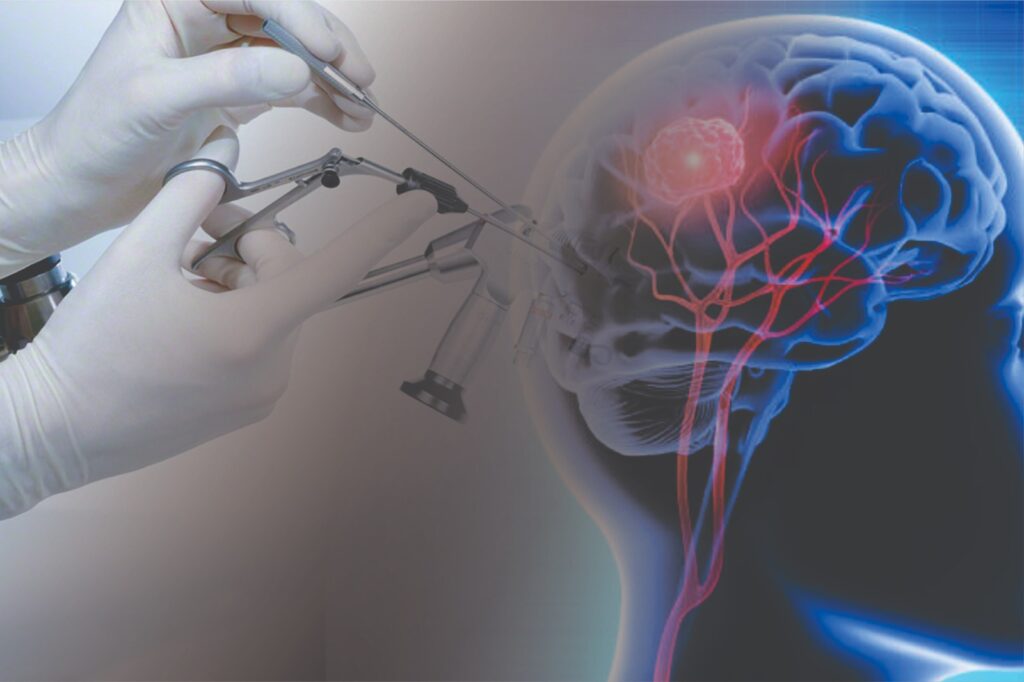
The developments in neuroendoscopy equipment and a very fast expanding market have been greatly motivated by the increasing demand for minimally invasive operations in brain surgeries. Globally, neuroendoscopy devices are expected to reach $725.62 million by 2030 and increase with a high CAGR of 10.63%, according to new research report by Research and Markets.
The need for neuroendoscopic operations rises as the risk of brain tumors and pituitary tumors paired with the steadily rising prevalence of brain cancer approaches severe rise. The alternative to the conventional craniotomy, neuroendoscopy exposes the skull. Among the risks are stroke, bleeding, visual loss, and even death in very severe circumstances. A safer approach of treatment for neurosurgery is provided by neuroendoscopy. Neurosurgical operations now include these minimally invasive approaches more and more.
By means of a narrow, flexible endoscope equipped with a camera and some surgical equipment, neuroendoscopy enables neurosurgeons access to deep-brain locations via minimal incisions. This greatly reduces the shock inflicted on the surrounding tissues; so, in connection with operation duration, shorter recovery times and shorter periods in hospitals with less complications are obtained. Unlike traditional open-brain surgeries, a patient often feels less discomfort and can quickly resume regular activities following neuroendoscopic treatments.
Particularly, very demanding neuroendoscopy equipment treat hydrocephalus, brain tumors, and pituitary diseases. Further driving the market is doctors’ and patients’ growing awareness of these operations. Higher accuracy and efficiency in neuroendoscopic operations are guaranteed by upgraded versions of endoscopic imaging, surgical navigation, and robotic-assisted technologies.
Experts believe that this neuroendoscopy will improve even more since the healthcare sector has been focused on patient safety and far superior surgical results. Neurosurgery is changed by minimally invasive techniques. Conventional brain operations carry less danger and the therapies can be accessible more readily.
With ongoing research and advancement into this field, neuroendoscopy devices will offer great future possibilities and hope for a better, safer, and efficient treatment of the complicated neurological disease.








